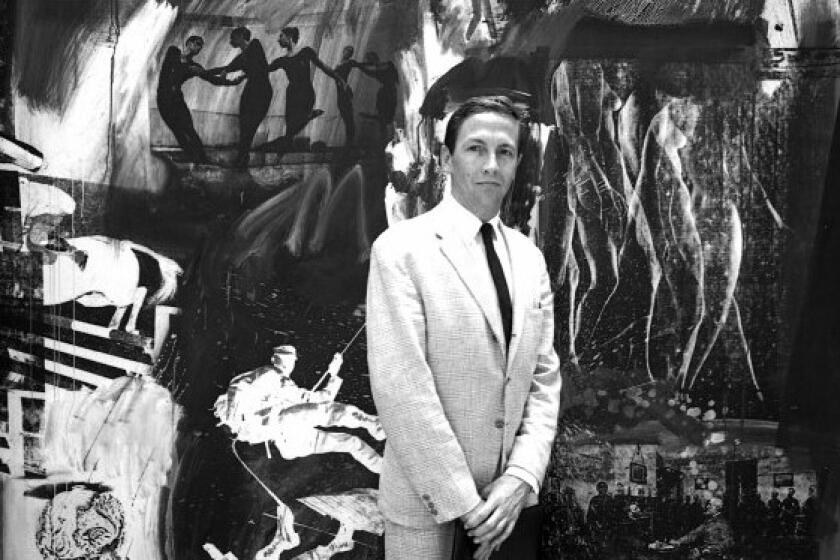FCC Says Cable Must Carry Shopping Programs : Media: Proponents argue the handicapped will benefit, while critics call the stations little more than 24-hour commercials.
Home shopping stations, which have captivated viewers by hawking jewelry, clothes and other products over the air, on Friday won the absolute right to be carried over cable systems.
The Federal Communications Commission voted 2 to 1 to put affiliates of the Home Shopping Network in the same category as traditional broadcast stations seeking to enforce “must carry” rights under a new federal law that requires cable operators to carry them if they demand it. Although broadcasters can also seek payment for carriage of their programming, they risk being dropped if the cable system refuses. The new must-carry rule virtually guarantees that home shopping stations will be carried on cable.
The decision came 10 days after the FCC, under pressure from public interest groups and several members of Congress, postponed a vote on the matter.
By extending federally mandated must-carry rights to home shopping, the FCC raised questions from critics about whether it was meeting its legal mandate to regulate and license broadcast stations in the “public interest, convenience and necessity.”
Gene Kimmelman, legislative director of the Consumer Federation of America, a Washington-based watchdog group, said the public interest is not served by allowing home shopping stations the wider access.
He noted that unlike traditional broadcast stations, home shopping channels generally offer no news or educational programming and essentially are “24-hour-a-day commercials” with brief, hourly breaks for public service announcements.
Interim FCC Chairman James H. Quello argued that mandating carriage of home shopping channels is in the public interest because, among other things, it may enable handicapped people to shop from home.
Quello also said that providing home shopping stations a free cable forum is in the public interest because some of the home shopping stations are minority-owned and the FCC has been trying to increase minority ownership in the broadcast industry.
FCC Commissioner Ervin Duggan, the lone dissenting voter Friday, told the Associated Press that he is not sure home shopping truly serves the public interest. “Has our concept of the public interest become so denatured--so attenuated--that virtually anything goes?”
The FCC’s decision in effect will require cable companies to show home shopping stations for free, potentially saving the owners of such channels millions of dollars in retransmission fees they now pay to some cable operators.
In reaction, the stock of Clearwater, Fla.-based Home Shopping Network jumped $1.25 to close at $12.875 in New York Stock Exchange trading Friday. Another big winner may be Silver King Communications, a 12-station broadcast group that was spun off from Home Shopping Network.
The broadcast TV industry won the right to require cable operators to carry local stations last October as part of a sweeping measure that regulates monthly subscriber fees charged by cable operators.
More to Read
The biggest entertainment stories
Get our big stories about Hollywood, film, television, music, arts, culture and more right in your inbox as soon as they publish.
You may occasionally receive promotional content from the Los Angeles Times.






